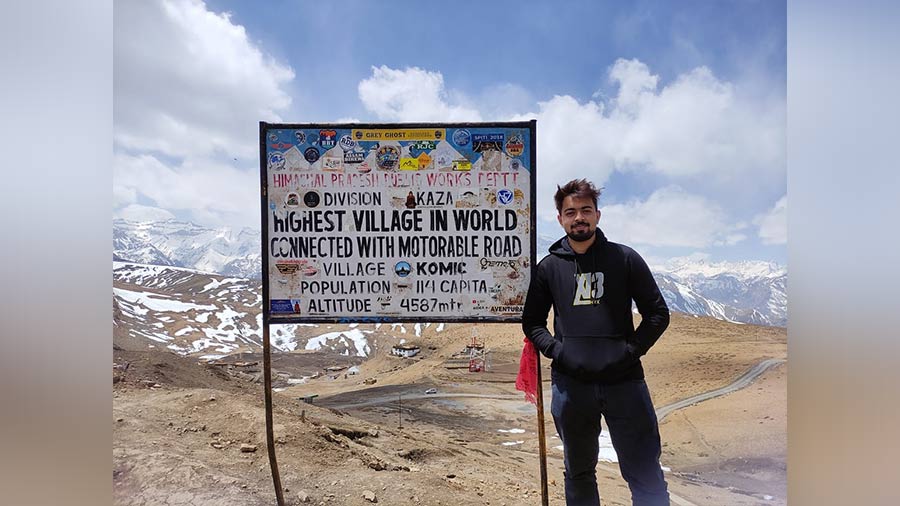“Nothing ever goes according to plan in my industry,” believes Uddalak Das. Thankfully for Uddalak, he has never been a fan of planning. “Don’t force yourself if you don’t like it” is his motto, no matter what society makes him believe.
With more than five years of experience under his belt, Uddalak’s defining identity is that of a start-up founder, with expertise in Web3, FinTech and social media marketing. All at just 22.
In a market where disruptive technology has created chaos, be it through blockchain, DeFi (decentralised finance), NFTs or whatever it is that you have seen repeatedly pop up on Twitter or Instagram but rarely taken the time to Google, Uddalak knows how to see the bigger picture with precision and clarity.
My Kolkata spoke to Uddalak to obtain a primer on all things Web3 and FinTech alongside understanding his passion for an unconventional career where “every day is a new day”.
With Web3, you can not only create content, but also own it
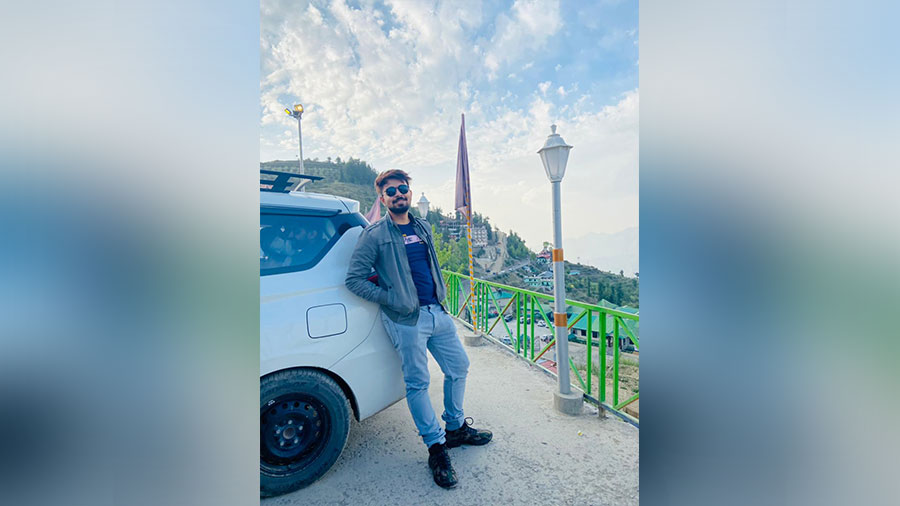
Uddalak explains the building blocks of Web3 and fintech Uddalak Das
My Kolkata: Let us begin by defining the key terms of the discussion. Help us with basic definitions of the following:
Uddalak Das: Sure. Shoot.
- Web3: It’s the next generation of the internet. When the internet started, it was called Web1 and it had read-only content. You couldn’t edit the information or make any changes to it. After some point, Web1 became Web2, with the major change being the ability to create content. With the evolution of Web3, you can not only create but also own content.
- Blockchain: It’s like a distributed ledger book where data gets recorded and shared. For example, if you have a transaction that gets recorded on the blockchain, the data will be shared with numerous nodes. Even if someone hacks one node, they can’t change the information elsewhere about that transaction.
- Bitcoin: Bitcoin is the world’s original cryptocurrency. It was created by Satoshi Nakamoto (the presumed pseudonymous identity of the creator or creators of Bitcoin) in 2009 and is responsible for most of the craze around cryptocurrency.
- NFT: Non-fungible tokens of NFTs are digital assets you own on the blockchain. Its ownership is recorded in the blockchain and can be transferred by the owner, which means NFTs can be sold and traded.
When you don’t have organic reach, the multiplying effect rarely kicks in
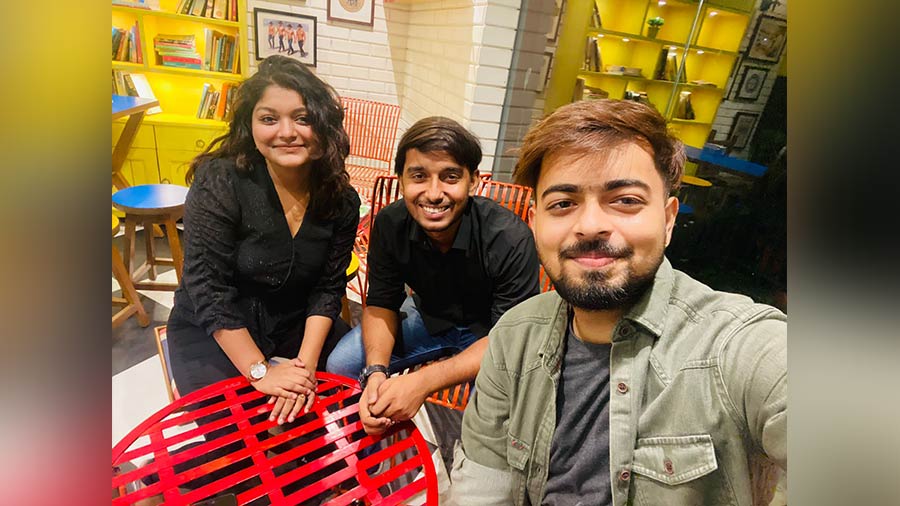
Uddalak with the co-founders of Cypher Strategy, Brihasi Dey (left) and Pratham Shaw Uddalak Das
With the definitions in place, tell us about Cypher Strategy, the agency you founded recently. While the name suggests the niche, could you give us more details of what your agency does and how it came into being?
Uddalak Das: Around 2018-19, I started my journey as a freelancer. Back then, I was into content writing and worked across multiple industries. Soon enough, I fell in love with social media management and came across blockchain companies that were hiring writers and social media managers specialising in crypto content. With time, I started working for more and more clients and my team kept expanding. Finally, in 2022, I felt that it was the right time to start a company, which is what led me to found Cypher Strategy along with two co-founders. We have one designer, one illustrator and four content creators, all based out of West Bengal. The interesting thing is that I met all my teammates and colleagues on either LinkedIn, Twitter or Clubhouse, including my co-founders — Brihasi was someone I randomly met on a Clubhouse session and Pratham used to study in the same school as I did, but we only came across each other during the pandemic.
At Cypher Strategy, we provide our content and social media services to help grow and scale Web3, NFT and DeFi brands and communities. Usually, these companies spend a lot of money on ads or shilling campaigns, with very little return on investment through sales. What we do is we help them grow organically first. Once there’s organic growth, using ads also becomes more financially prudent as ads begin to act as multipliers. But when you don’t have organic reach, the multiplying effect rarely kicks in. While building brands on Twitter and LinkedIn is our forte, we also love exploring Instagram and other platforms. Apart from providing organic growth on social media, we also do community building on Discord and Telegram, white paper writing, articles, blogs, etc.
You have worked for clients around the world on more than 500 blockchain-related projects. Where have most of these clients come from and how has the experience of working for them been different to working for Indian clients?
Uddalak Das: I’ve mostly worked with B2B companies so far, and most of my international clients have been based in the US, the UK, Germany, Singapore, the UAE and the British Virgin Islands. The biggest difference in working for them, as opposed to Indian clients, is that they don’t micromanage every aspect of your job. While they expect top-quality service, they don’t interfere in your processes and methods of getting the job done. In India, you have 10 layers of expectations on what to do and what not to do.
Web3 means that nobody can suppress your voice
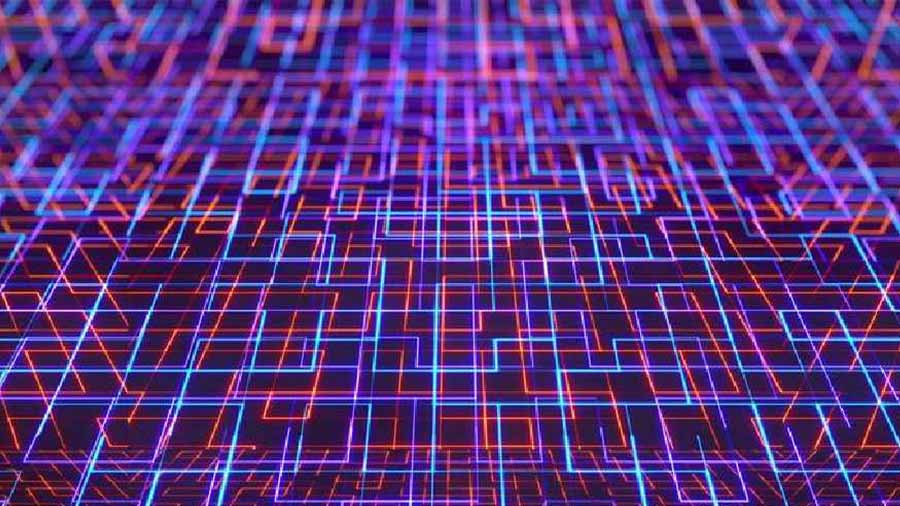
Decentralisation of information is the biggest impact of Web3, feels Uddalak TT archives
A big part of what you do is centred around Web3. While you have defined what Web3 means already, what would you identify as the biggest impact of Web3?
Uddalak Das: I think the biggest impact of Web3 is that it makes it possible to decentralise and distribute information. This means that nobody can suppress your voice. If you publish your content on Web3, it’ll reach the audience without any interference from any third party and without inviting any censorship. This is extremely useful in all kinds of content creation, because third parties have a tendency to get involved and take down content that doesn’t fit their parameters.
Whatever I learnt was already available on Google or YouTube
When and how did you get hooked on blockchain? How did you educate yourself to understand how blockchain works?
Uddalak Das: I got hooked on blockchain at some point in early 2016, when I was still in school. But I never took any course to learn about blockchain. Whatever I learnt was already available on Google or YouTube. For example, one channel that I found really useful on YouTube was Whiteboard Crypto where I learnt different concepts through visuals. The reason most people can’t find the information they need online is because they either don’t know what to look for or they’re just too lazy. This is why they go for courses. But most courses don’t teach you anything different from what’s already available online.
Possible in theory to hack blockchain; but in practice, it’s extremely hard to do

Uddalak breaks down why blockchain is not foolproof, but also more secure than other forms of technology TT archives
Blockchain’s USP seems to be that it is a system of recording information that is impossible to change, hack or cheat. But is it foolproof or are there loopholes and shortcomings to blockchain that can make users vulnerable?
Uddalak Das: Blockchain isn’t foolproof. It’s definitely more secure and better protected than other forms of technology, but it’s also hackable. Everything in the world is hackable. The difference with blockchain and what usually makes it so secure is that in order to hack blockchain, you need to take over 51 per cent of the nodes or computers operating in a blockchain. That’s possible in theory; but in practice, it’s extremely hard to do. Because there are millions of nodes or computers that require hacking.
Unless you really believe in the future of blockchain, don’t get into it
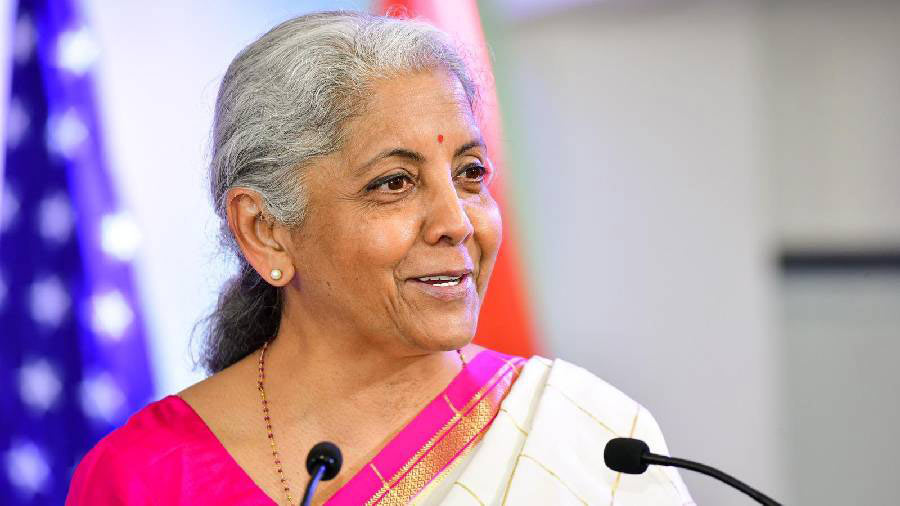
Uddalak understands the government’s reactions to Bitcoin as he realises they want to assert control over an emerging element of the financial sector TT archives
Bitcoin as a digital currency has been all the rage over the last year or so, but the Indian government is yet to take a clear stance on whether it should be legal or not. In such an environment, if you had to advise investors, especially youngsters, what would you tell them when it comes to handling Bitcoin? Should they embrace it or stay away for the time being?
Uddalak Das: The government’s actions with respect to Bitcoin are understandable. Because they don’t want to give up control of an emerging element of the financial sector. It’s true that Bitcoin can and has been used for illicit activities, but that’s about one per cent of all Bitcoin transactions. My message to youngsters would be that if you believe in blockchain and Bitcoin in the long term, go for it and invest. But if you’re only interested in Bitcoin because you want to make some quick money in the short term, then Bitcoin isn’t the best asset right now. Because there are tons of legal and financial issues affecting Bitcoin at this point, including a market that can crash at any moment. Last year, for example, it was very easy to get through Bitcoin returns that were far greater than what you could reasonably expect on the stock market. But it’s been the opposite scenario this year, with coins like Luna ($LUNA) and Celsius ($CEL) wiping out investors’ wealth in a matter of hours.
With decentralised finance, access becomes more democratised
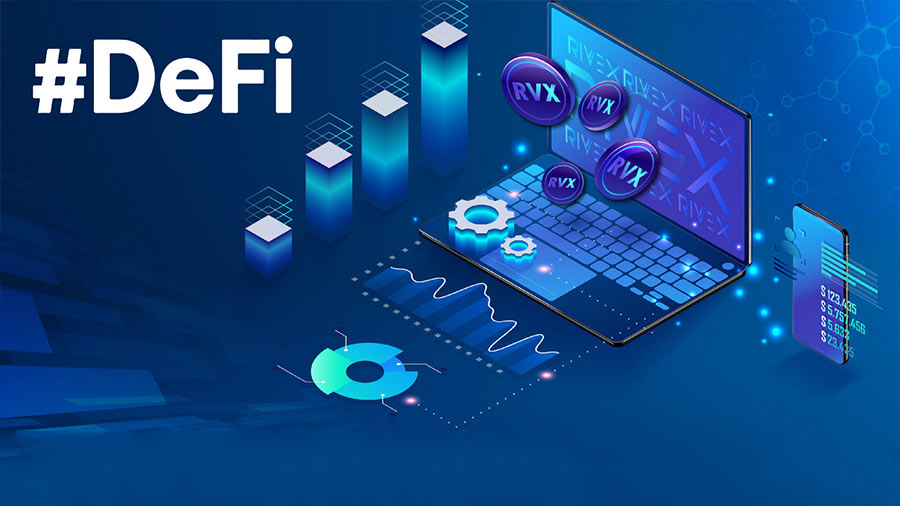
According to Uddalak, decentralised finance removes banks from the banking system TT archives
Why do you think decentralised finance is becoming so popular among Indian youngsters?
Uddalak Das: Decentralised finance or DeFi removes the bank from the banking system. Banks have come up with an elaborate system, including credit scores, multiple checkpoints and whatnot to limit access to capital. But if you follow closely, you’ll see that the rich and privileged still get what they need. With decentralised finance, access becomes more democratised. If you have an asset, you can sell, lend, borrow arbitrage, or do anything you please with it through DeFi, with zero interference from third parties. That’s not possible as easily with traditional banking, which hasn’t really been able to reach the masses in the ways that are required the most.
People get into NFTs largely out of FOMO
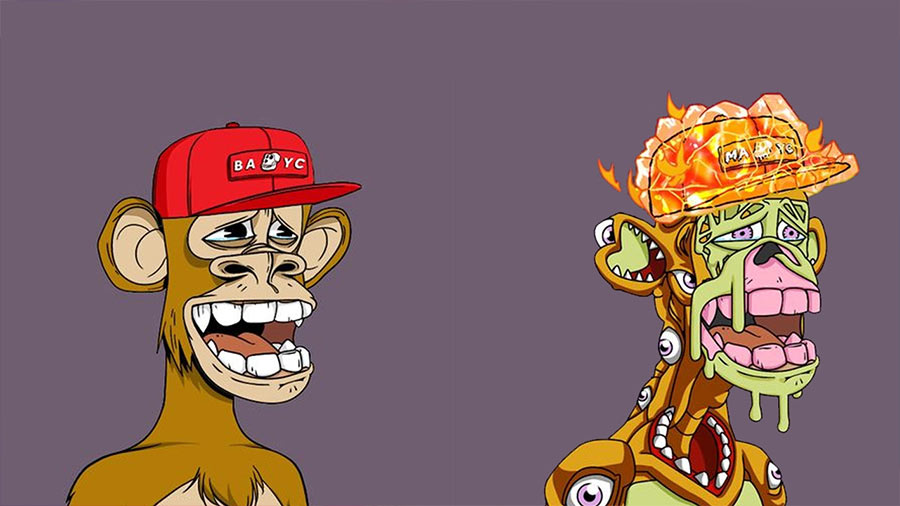
Uddalak thinks that a lot of people purchase NFTs to get rich quickly TT archives
The last year has been the year of NFTs, with the Bored Ape NFT collection becoming a viral sensation. Why are so many people purchasing NFTs? And why are so many NFTs of apparently mediocre art, including cringe art, selling for millions?
Uddalak Das: NFTs are undergoing a great period of hype right now. I had a client, a company based in Hong Kong, that was developing an NFT platform. And the company itself was saying that given how expensive NFTs are or how little utility they provide, it makes no sense to create such a hype or buzz around them. I think people get into NFTs largely out of FOMO (fear of missing out). With the money people spend on NFTs to own pictures of apes, you could actually buy a house, invest in trusted companies or even go on a world tour. So, I think a lot of the interest in NFTs is down to FOMO and also the assumption that you can get rich really quickly with NFTs, which is partly down to social media influencers building such a narrative.
Do you think the NFT market is a bubble that is going to crash soon?
Uddalak Das: Yes, I think so. Don't get me wrong, NFTs do have genuinely good use cases, but people are rarely exploring those right now. The technology itself is fascinating and has potential beyond apes and punks. But that’s not to say that NFTs aren’t useful at all. Take land ownership, for example. That’s something that can be done through blockchain and NFTs. But how many people are doing that?
Even if one person benefits from my contributions to Wikipedia, that’s enough for me

Uddalak has been contributing to Wikipedia as an editor for the last two years Wikipedia Commons
Apart from your expertise on all things Web3, you have also been contributing as an editor to Wikipedia for the last two years. What has that experience been like? Summarise the process of or editing something on Wikipedia.
Uddalak Das: Wikipedia has been such an important part of my student life, helping me during my exams, assignments and projects. So much so that I make it a point to donate to Wikipedia every year. I contribute to Wikipedia whenever I feel I have some information to share that isn’t on the platform. Because you never know what someone else might find useful and relevant. Even if one person benefits from my contributions to Wikipedia, that’s enough for me.
As for the process, it’s quite simple. With or without an account, you can choose to edit an article, make your change and voila! Usually, other editors and moderators will be informed about your change and they are the ones who’ll be approving it. If the information is correct, your contribution will be recorded. If not, then your edit will be removed and your account may even get banned. The same process applies to any citations that you may wish to add at the bottom of a Wikipedia page as well.
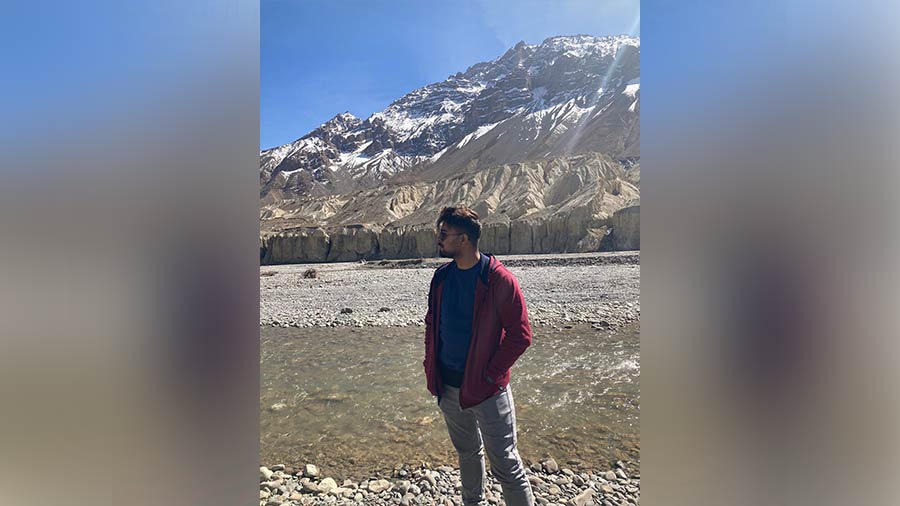
Uddalak was born and brought up in Hooghly Uddalak Das
Time to switch to knowing Uddalak, the person. Were you born and brought up in Kolkata?
Uddalak Das: I was born and brought up in Hooghly, but Kolkata is where I love spending most of my time. So much so that I often call Kolkata my hometown. However, right now, I’m back to Hooghly, with a fair amount of travelling between Hooghly and Kolkata these days.
Dining at Oudh 1590 and Kouzina Mining

Oudh 1590 is one of Uddalak’s favourite places to eat out in Kolkata TT archives
What are your favourite things to do/places to visit in Kolkata?
Uddalak Das: Whenever I’m in Kolkata, Park Street is among my favourite places to be. It’s amazing how vibrant the place is. I’ve been to a lot of restaurants in Kolkata, on Park Street and elsewhere. Some of my favourite restaurants to dine at are Oudh 1590, which has these incredible royal vibes, and Kouzina Mining (in Salt Lake), which has great food, too. I also like spending time under the open sky at Ozora, Acropolis.
For my parents, it’s just me and my laptop!
How important have family and friends been in your journey?
Uddalak Das: My parents have always supported me a lot, even though they never fully understood what I did. I don’t think they still do. For them, it’s just me and my laptop! Among my friends, there are two friends in particular that have always stood by me. There was a time when I wasn’t making a lot of money and just catching up with people or going to restaurants and pubs wouldn’t have been feasible if it wasn’t for the support I got from my friends. They have played a vital part in shaping me into who I’m today. Without them, this journey wouldn't have been easy.
More than money, it’s this journey of growth that I really enjoy
The career you have chosen is by no means a traditional one. Does it scare you sometimes? Do you ever second-guess yourself?
Uddalak Das: Not really. I’ve never liked traditional careers because I’ve never been satisfied with the growth in traditional careers. Blockchain and Web3 have allowed me to grow and explore opportunities that traditional careers rarely offer. The industry I’m in, I’m getting to learn something new every day. Looking back, I can see how much I’ve grown, even in the last six months to one year. No traditional career would offer me that. More than money, it’s this journey of growth that I really enjoy.
Video games have helped me a lot with reasoning, thinking and fast decision making

Uddalak confesses to have devoted countless hours to playing PUBG TT archives
Besides all things work, what are your hobbies and interests? What do you do to zone out?
When I’m not working, I really like playing games, especially the role-playing ones. PUBG and Grand Theft Auto (GTA) 5 are one of my favourites. Earlier, when I wasn’t freelancing, I used to play Clash of Clans a lot, sometimes for as long as 12 hours a day! That probably wasn’t a wise thing to do, but these video games have helped me a lot with reasoning, thinking and fast decision making.
Apart from games, I really enjoy travelling. I believe that we all should maintain a work and life balance. I make sure I take a short break every month, visit a place with friends and chill for the weekend. The year 2021 had been very kind to me, but unfortunately, I couldn't travel much. This is why in 2022, I went on a month-long vacation to Himachal with friends, whom I met on LinkedIn.
Where do you see yourself in five years’ time?
Uddalak Das: I don’t really know the answer to this question. Generally, the people who say they want to be somewhere in five years end up being somewhere very different when that time eventually arrives. For now, I’m focused on scaling my company every day. A few years down the line, I’ll figure out something else.
